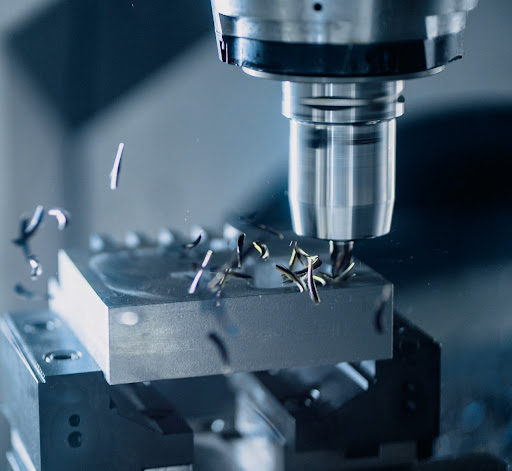
Selecting reliable CNC machining services ensures manufacturing projects meet exacting quality and efficiency expectations. Since countless metal fabrication shops boast similar capabilities online, a checklist approach helps assess optimal partners matching unique needs.
Whether producing simple or highly complex components, inspection processes, equipment sophistication, responsive expectations, and open pricing all weigh on shopper decisions. By methodically evaluating machining vendor competencies across technical and collaboration factors, manufacturers gain assurance that precision production will occur hassle-free. Simplified yet thorough vetting reduces guesswork and paves the way for future transparency.
If you’re looking for further information about CNC Machining Services, you can see more here.
Analyze Design Complexity and Volume
Start by assessing the complexity of product designs, the volume of output required, the materials involved, precision specifications, and delivery timing. Determine if the machining shops have the necessary CNC equipment, experienced staff, and capacity to meet unique requirements while remaining profitable. Evaluate if their specialty niche capabilities align with the specific demands of your project if applicable.
Require Proof of Quality Certifications
Reliable firms with ISO certifications for standardized quality management in highly regulated aerospace demonstrate their commitment to consistently meeting precision machining standards. Request documentation of these certifications to ensure that meticulous defect detection processes are in place.
Ask for Client References and Sample Work
Obtain client references to verify the reputation and reliability of the machining shops. Review samples of their previous component work to assess their adherence to uncompromising quality standards. If a shop is hesitant to provide verification, inquire about the reason behind it.
Compare Equipment and Technical Capabilities
Cutting-edge machinery and up-to-date engineering software are crucial factors in productivity and accuracy. Ensure the on-site equipment matches the advertised capabilities and receives proactive maintenance to minimize downtime. Evaluate their capacity to handle complex part geometries or meet specific piece requirements within desirable turnaround times.
Require Total Transparency Around Pricing
A trustworthy machining partner will provide clear and understandable quotes that cover all charges upfront without engaging in pricing games later on. Negotiate acceptable rates based on explicit expectations regarding factors such as rush premiums, support access, delivery terms, and intellectual property ownership. It is essential to establish and lock in agreements.
Set Communication and Response Expectations
Agree on realistic production timeframes to maintain transparency and establish clear lines of communication for regular updates. Prompt confirmation of discussions and timely responses to technical questions demonstrate reliable collaboration. Avoid overpromising on unrealistic delivery dates and ensure a mutually agreed-upon understanding of communication expectations.
Conclusion
Rather than default to the first affordable CNC machining services shop with website photos of high-tech equipment, recognizing that successful outsourcing relationships share certain foundational elements drives strategic thinking on manufacturer selection. Capabilities mean little without consistency, accountability, responsiveness, and mutually understood expectations between customers and fabricators.
By incorporating this evaluation checklist to objectively compare machining vendors across multifaceted operational areas, manufacturers give partnerships the best opportunity to flourish. This is achieved by considering technical precision needs alongside trust and communication pillars that foster longevity. Selecting CNC machining services aligned on both process proficiencies and transparency habits paves the way for maximized ROI on critical production investments.

